In Spring 2015, a number of Ohio University departments, centers, and programs are teaming up to present six films that highlight various aspects of historical and contemporary life in the Middle East and North African (MENA) region.
The series showcases both documentaries and feature films, covering various geographic areas and time periods. Topics include, but are not limited to, everyday life, the gendered dynamics of adolescence, the relationship between religious and national identity, and the challenges of emigration. All films being screened as part of the series have won awards at various film festivals.
Most importantly, rather than simply being a film series about the Middle East and North Africa, this eclectic collection also highlights the contributions of Middle Eastern and North African filmmakers and their role in social critique, public debate, and artistic practice.
Each film will be preceded by a brief introduction from Dr. Ziad Abu-Rish, Assistant Professor of Middle East History.
Upcoming Spring 2015 Events
The schedule for the Spring 2015 OHIO Middle East and North Africa Film Series follows. All screenings will take place in Baker Center 231 at 6:30 p.m..
Monday, Feb. 2: The “Other” Threat: Arab and Muslim Immigrants in Europe
On Spain and England: Documentary, 78 minutes
Directed by Bassam Haddad, 2008
This documentary reveals the history and contemporary politics of Arab/Muslim migration to two European countries that have experienced terrorist attacks in the post-2001 world: Spain and the United Kingdom. The film features the voices and experiences of migrants, activists, state officials, policy analysts, and scholars, weaving together a comparative narrative between Madrid and London and a broader picture of Arab/Muslim migration in the age of the “The War on Terror.”
Monday, Feb. 16: Halfaouine: Boy of the Terraces (Asfur al-Sath)
On Tunisia: Feature, 98 minutes
Directed by Ferid Boughdir, 1990
Exploring the patriarchal apparatus of manhood in contemporary Tunisia, this film tells the story of a boy going through the trials of puberty and trying to reconcile the demands of his body to those of the social body. The director assembles an inventory of different steps of “becoming a man,” which include circumcision, the banishment from the women’s hammam, and sex. Key in this respect is the protagonist’s exposure to political dissidence as a component of manhood. This film was an Official Selection at Cannes Film Festival.
Monday, March 16: Forget Baghdad
On Iraq and Israel: Documentary, 111 minutes
Directed by Samir, 2003
The story of four Baghdadi-Jews, all former members of the Iraqi Communist Party during the 1940s and 1950s. The four elderly protagonists are Israeli citizens at the time of filming, having fled Iraq in the 1950s within the context of escalating Israeli-Arab confrontation and the high tide of Arab nationalism. Fleeing to Israel was hardly a solution for their Jewish-Arab dilemma. As the film description puts it, “Jews in Baghdad and Arabs in Israel,” the divided identities and confusion of these four men’s lives complicate our understanding of identities, migration, and political belonging. This film won the Critics’ Week Award at Locarno International Film Festival.
Monday, March 23: Wadjda
On Saudi Arabia: Feature, 98 minutes
Directed by Haifaa al-Mansour, 2012
This film tells the story of an 11-year-old Saudi girl living in the capital of the kingdom, Riyadh. Weaving together the politics of class, gender, and religion, the film challenges reductionist understandings of life in Saudi Arabia by highlighting the everyday experiences of this girl and her small neighborhood. This film won the Interfilm Award at the Venice Film Festival.
Monday, March 30: Taxi to the Dark Side
On Afghanistan and Iraq: Documentary, 106 minutes
Directed by Alex Gibney, 2009
This film takes off from an investigation into the killing of an Afghani taxi driver at the hands of US interrogators. The investigation, featuring former US interrogators, military prison guards, and–most importantly–families and friends of those detained, exposes a broader network and practice of secret detention, torture, corruption, and cover up, linking Guantanamo Bay, Abu Ghraib, and Bagram Air Base. This film won Best Documentary Feature at the Academy Awards.
Monday, April 13: The Blue Wave (Mavi Dalga)
On Turkey: Feature, 97 minutes
Directed by Zeynep Dadak and Merve Kayan, 2014
A feminist perspective on the story of adolescence in a small Turkish city told through the lens of a teenage girl considering her options for university.
For More Information
For more information, contact Dr. Ziad Abu-Rish, Assistant Professor of History, at abuz@ohio.edu.
This film series is co-sponsored by the Department of History, the Department of Political Science, the Department of Classics and World Religions, the Center for Law, Justice & Culture, the Women’s, Gender, and Sexuality Studies Program, the African Studies Program, and the Islamic Studies Certificate Program at Ohio University, in collaboration with the Arab Studies Institute (ASI).


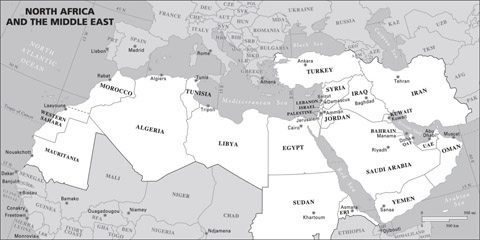

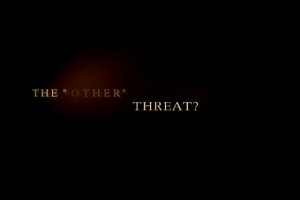
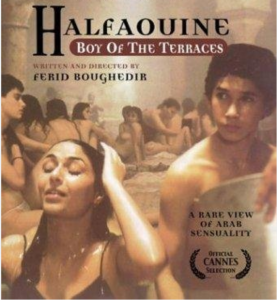

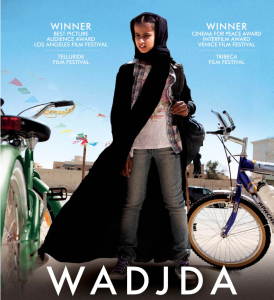
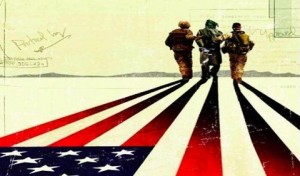
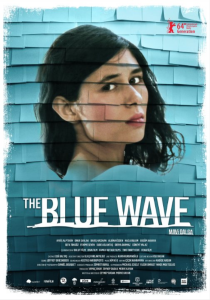


















Comments